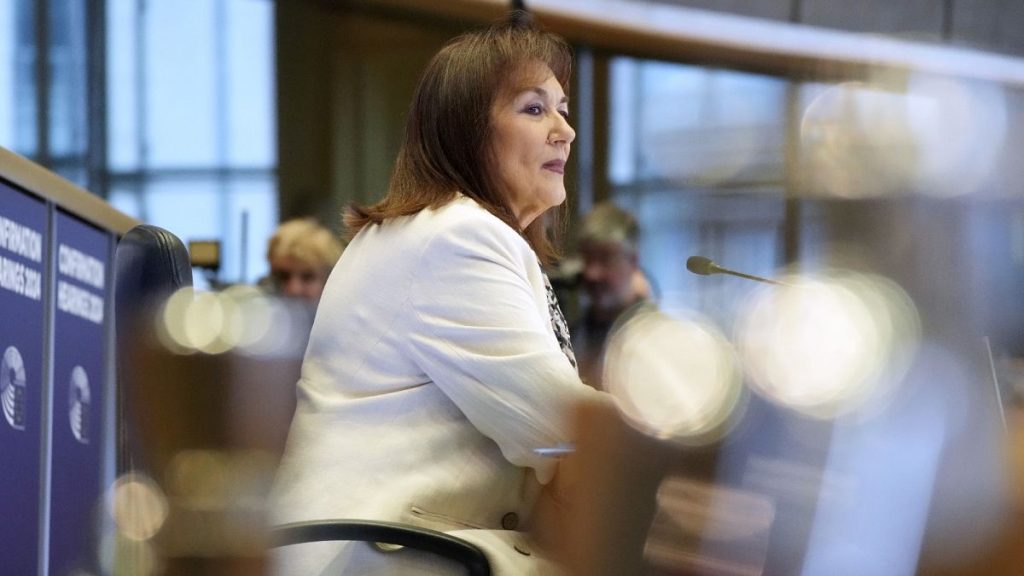The European Union is placing a significant emphasis on its neighbors in the Mediterranean region in its upcoming Commission, with plans to establish strategic agreements with countries like Jordan and Morocco to address issues like irregular migration and boost trade ties. Dubravka Šuica, the incoming Commissioner for the Mediterranean, stated that negotiations have already begun with Jordan and they are aiming to strike deals with Morocco as well. Despite facing criticism over agreements with Egypt and Tunisia amid concerns about human rights violations and democratic backsliding, Šuica defended the necessity of these agreements, citing the urgent need for action to prevent potential instability in these countries.
The macro-financial assistance deals with Egypt and Tunisia have reportedly resulted in a significant decrease in irregular migration, although specific details related to their implementation remain confidential. Šuica acknowledged that there are areas that need to be improved in these agreements and committed to conducting human rights impact assessments prior to future deals, as well as implementing robust monitoring mechanisms. She emphasized the importance of protecting human rights in all agreements and ensuring that European taxpayers’ money does not end up in the wrong hands. The goal is to establish a partnership with countries in the Mediterranean, Middle East, and Africa that goes beyond addressing migration issues and includes deeper ties in energy and industry.
In addition to addressing migration challenges, the Mediterranean portfolio is also focused on promoting safe and legal pathways for migration, as well as safe and voluntary returns, combating migrant smuggling, and strengthening border management. Šuica emphasized that the agreements with countries in these regions are intended to establish the EU as a reliable partner and increase its political influence in the Middle East. She reiterated her support for a two-state solution in the Middle East and expressed a desire for the EU to play a more active role in the region, rather than just being a donor. The overarching goal is to ensure that the EU is an influential player in the Mediterranean region and beyond, building strong partnerships for mutual benefit.
While previous agreements with Egypt and Tunisia have been met with criticism, Šuica defended the Commission’s strategy, emphasizing the need for urgent action to prevent instability in these countries. She acknowledged that improvements need to be made in future agreements, particularly in terms of human rights protections and monitoring mechanisms. The goal is to ensure that any agreements entered into by the EU uphold human rights standards and benefit both parties involved. By prioritizing a comprehensive approach to partnering with countries in the Mediterranean region, the EU aims to establish long-term, mutually beneficial relationships that address a wide range of issues, from migration to economic development.
As the Commission prepares to deepen its engagement with countries in the Mediterranean, Middle East, and Africa, Šuica highlighted the importance of enhancing energy and industry ties with these regions. The focus is not only on addressing migration challenges but also on fostering economic cooperation and strengthening political partnerships. By establishing strategic agreements with countries like Jordan and Morocco, the EU aims to position itself as a reliable partner for these regions, emphasizing the importance of upholding human rights and fostering mutual benefits. The Mediterranean portfolio is set to play a crucial role in shaping EU policies and relationships with neighboring countries, with a focus on building strong partnerships that address a wide range of geopolitical and economic challenges.


